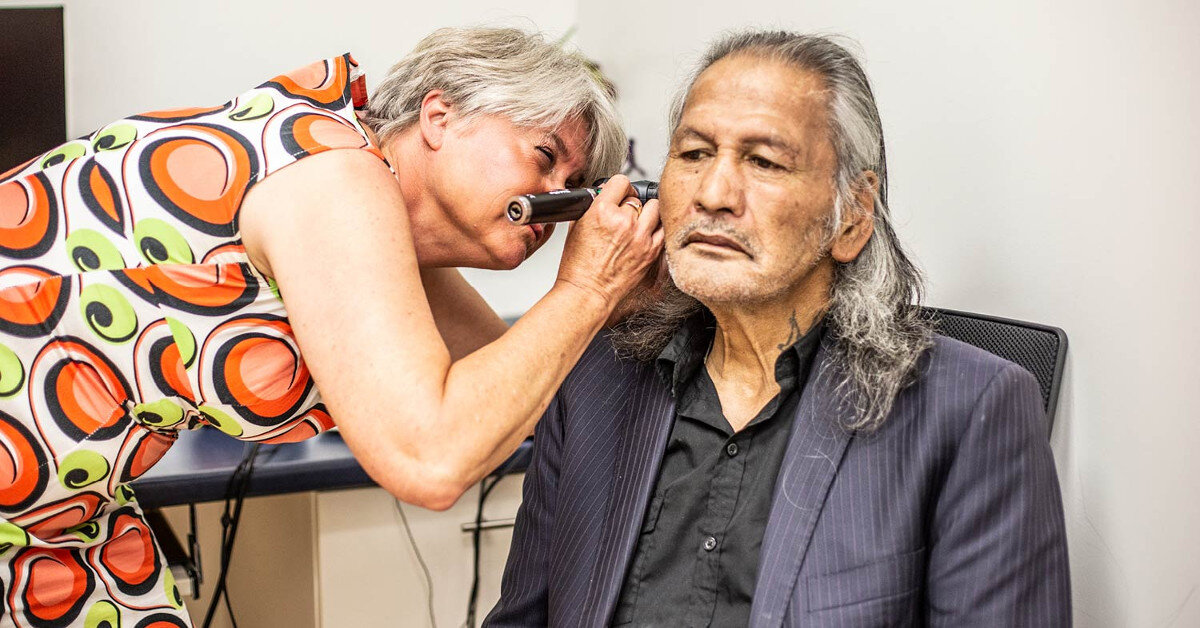Media release
From:
Key Points
· It has been over 30 years since the Whakarongo Mai report on hearing loss among Māori was delivered to the New Zealand government. Many of the proposed recommendations in the report to reduce inequities in hearing and ear health have yet to be actioned.
· Hearing loss remains a concerning public health concern for older Māori and whanau. Evidence reveals an increased risk of accelerated cognitive decline in older adults with untreated hearing loss.
· Four main themes emerged from the literature: (1) Hearing loss disrupts day-to-day functioning. (2) Māori and whānau impacted by hearing loss are at a disadvantage. (3) Hearing healthcare is unaffordable. (4) Support of hearing healthcare professionals and other key players is essential.
· The low representation of Māori in the hearing healthcare workforce could halt the profession from moving forward, particularly in a context where resources are already scarce for those who need it the most.
· This review illustrates the paucity of research and information on hearing loss and hearing service experiences among older Māori and whānau in New Zealand. Thus, Māori-led research that sits within a Kaupapa Māori framework is needed to better understand and inform policy relating to the lived experiences of hearing loss and hearing services among older Māori and whānau. "
Summary
This literature review aimed to analyse current literature on the experiences of hearing loss and hearing services among older Māori and whānau. Using a Kaupapa Māori lens, the review illustrates the paucity of research and information on hearing loss and hearing service experiences among older Māori and whānau in New Zealand. Findings from the review will be used to guide Kaupapa Māori research on hearing loss and hearing services among older Māori and whānau.



 New Zealand
New Zealand


